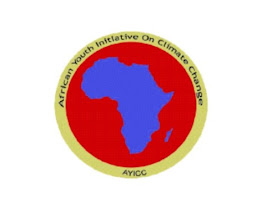The ABC of Green Economy: Part 1
So, recently, there has
been much talk on the Green Economy as the pathway to a sustainable future.
This is the core ideology on which the entire sustainable development
revolution is hinged on, and is the rallying call for the forthcoming epic
conference in June 2012, in Rio de Janeiro – Rio+20 (Earth Summit). But the
Green Economy report which has been prepared by UNEP is quite extensive, over
600 pages long, and this has been quite a challenge to many people.
However, I intend to
present a simplified overview of the Green Economy concept of development in
this blog post series. Part 1 will focus on the outline of the Green Economy,
and it is heavily excerpted from UNEP’s Green Economy Report (http://www.unep.org/greeneconomy/Portals/88/documents/ger/ger_final_dec_2011/Green%20EconomyReport_Final_Dec2011.pdf).
Definition
of the Green Economy
UNEP (United Nations
Environment Programme) describes the Green Economy as “one that results in improved human well-being and social equity, while
significantly reducing environmental risks and ecological scarcities. In its simplest expression, a green economy can
be thought of as one which is low carbon, resource efficient and socially inclusive.”
The Green Economy report
is divided into three main sections:
Part
1: Investing in natural capital:
Agriculture,
Fisheries, Water, Forests
Part
2: Investing in energy and resource efficiency:
Renewable
energy, Manufacturing, Waste, Buildings, Transport, Tourism, Cities
Part
3: Supporting the Transition to a global Green Economy:
Modeling,
Enabling conditions, Finance
That sums up end of Part
1; Part 2 will delve into Investing in natural capital in detail.
Prepared
by:
Kennedy Liti Mbeva (http://kenliti.blogspot.com)

Comments
Post a Comment